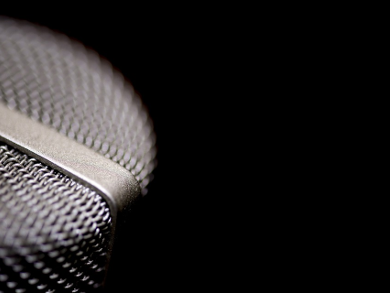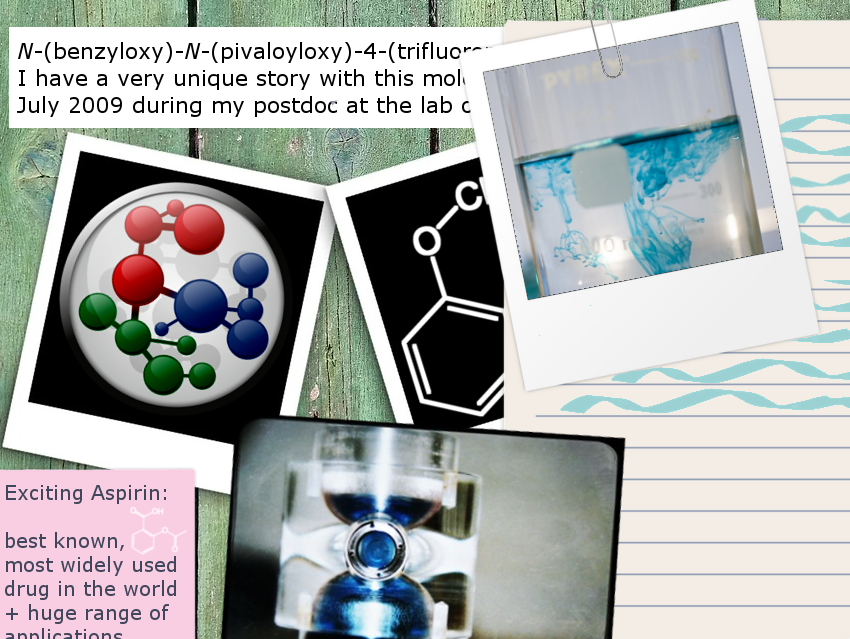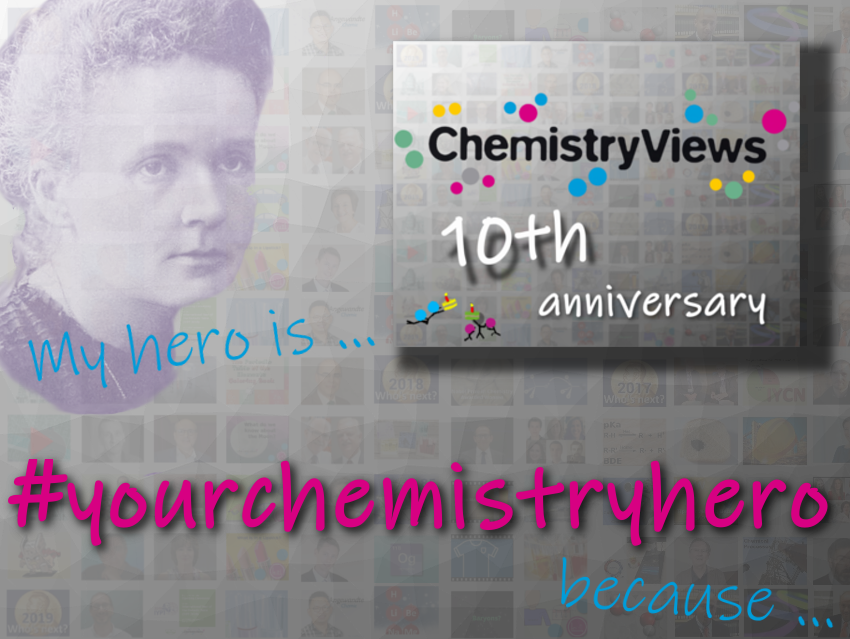The software developer James Rhodes, USA, has programmed Helix, an add-on to Amazon’s voice-activated assistant Alexa, to help in the laboratory. Helix has been tested in the lab of his wife, Assistant Professor DeLacy Rhodes at Berry College, Mount Berry, GA, USA. Currently, it can look up data such as melting points and molecular weights, do simple calculations, remind a scientist of something, or read aloud an experimental procedure.
Alexa is the personal assistant software that’s part of Amazon’s Echo and Echo Dot hardware. Inspired by the science fiction series Star Trek, Amazon launched Echo in 2014. In 2016, the hockey puck sized Echo Dot was launched as a smaller size version of Echo. Most people use Alexa to check the news headlines, the weather or traffic data, play music, or set a timer during cooking.
Helix was very well received when presented at the national meeting of the American Chemical Society (ACS) in San Francisco, USA. Currently, James Rhodes tests Helix with more scientists to develop it further. He plans to present a fully developed prototype at the ACS fall meeting in Washington, D.C., USA. According to the developer, there will be a free public version of Helix and a version that can be customized with individual lab protocols for a monthly fee.
- Meet your new lab assistant,
Bethany Halford,
C&EN 2017, 95(19), 26–27.




